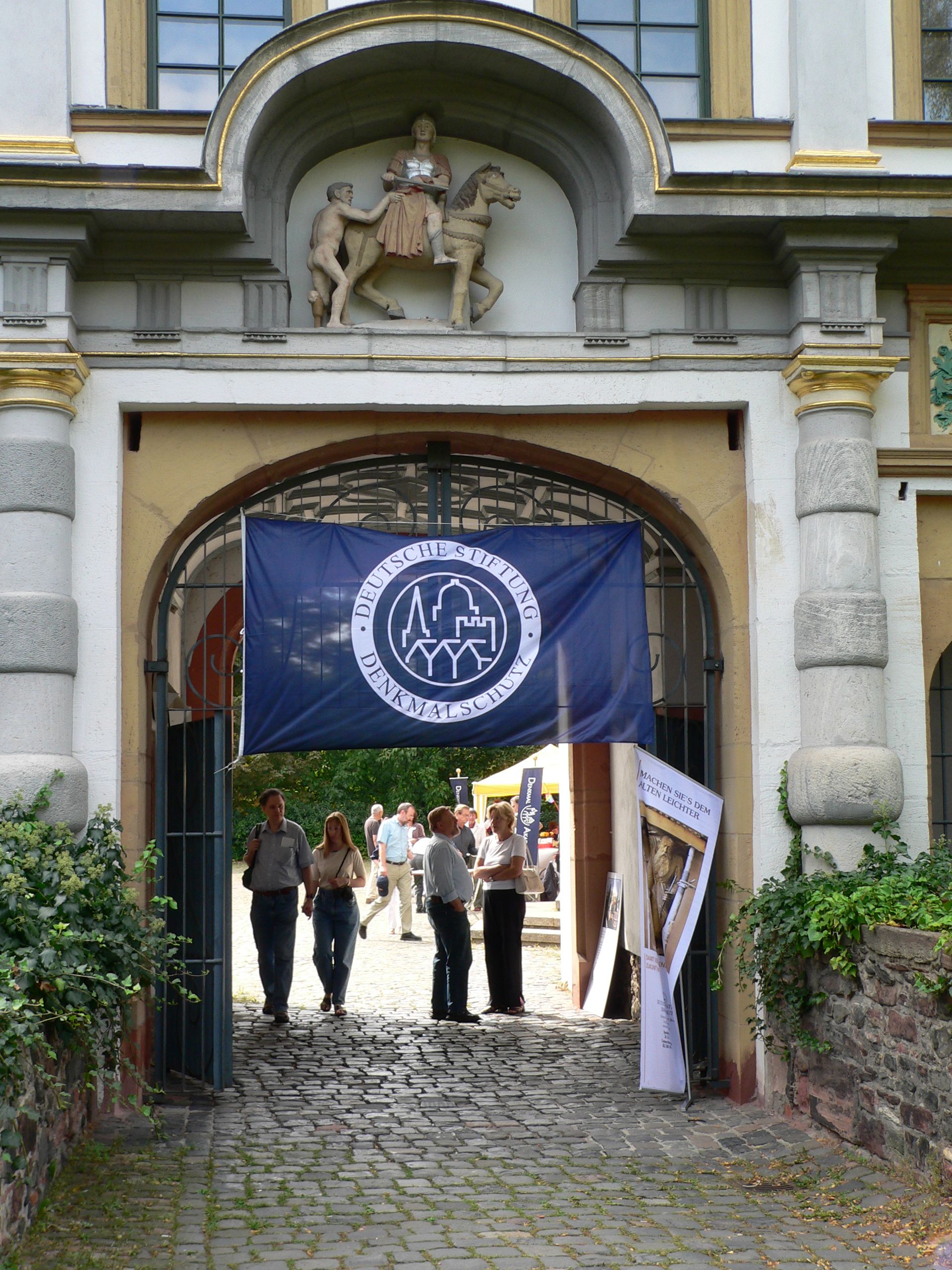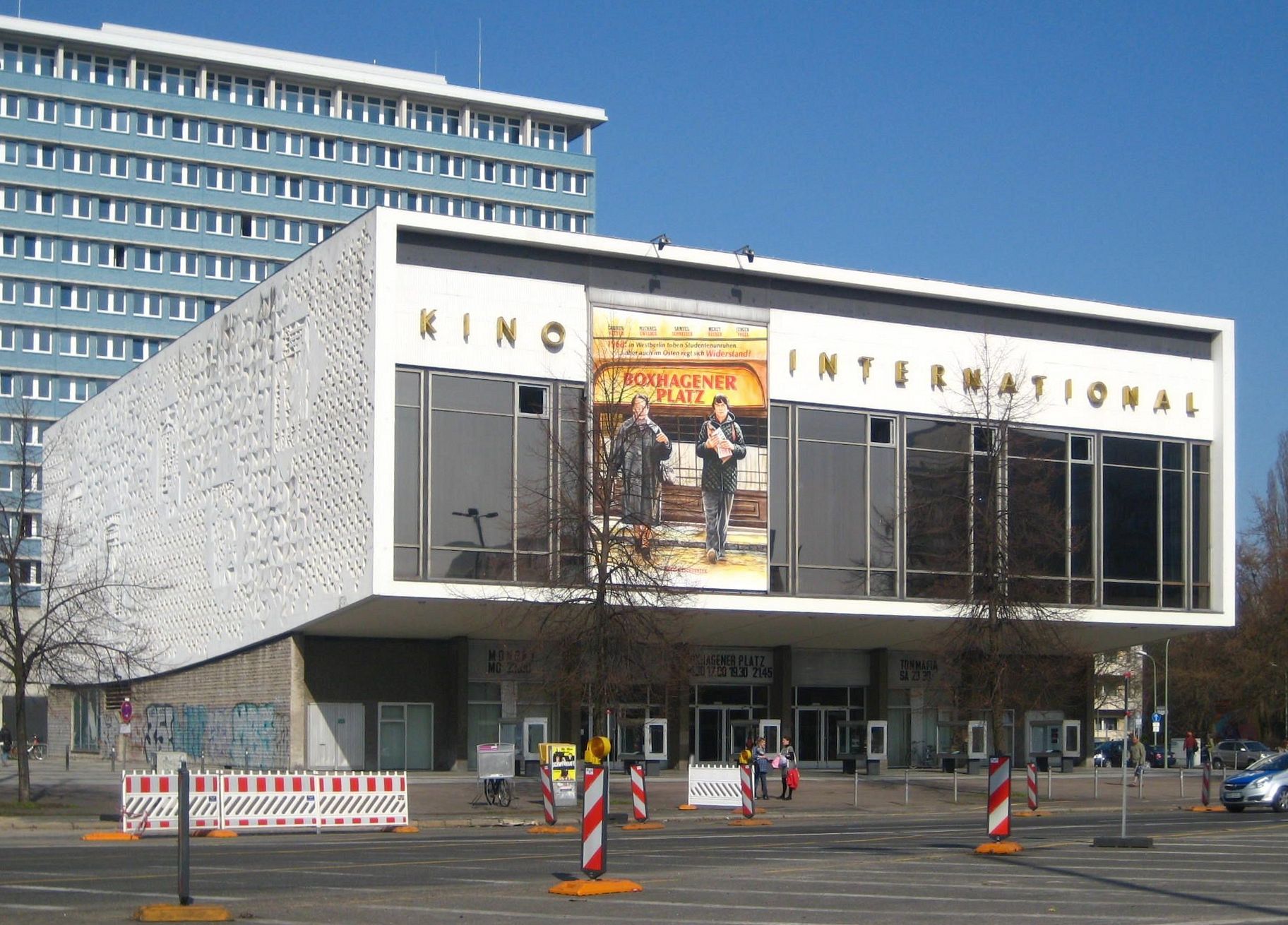|
Optimistic Tragedy (film)
''Optimistic Tragedy'' (russian: Оптимистическая трагедия, translit. ''Optimisticheskaya tragediya'') is a 1963 Soviet film directed by Samson Samsonov. It is based on the play ''An Optimistic Tragedy'' by Vsevolod Vishnevsky. Plot During Russian Revolution of 1917, the Marine squad, led by anarchist leader Vozhak starts the revolt. The Central Committee of the Bolshevik Party sends a woman Commissar to form Red Army battalion from the marines to take part in the Russian Civil War. Cast * Margarita Volodina as Commissar * Boris Andreyev as Vozhak * Vyacheslav Tikhonov as Aleksey * Vsevolod Sanayev as Sipliy * Erast Garin as Vozhachok * Vsevolod Safonov * Oleg Strizhenov as First officer * Gleb Strizhenov * Valentin Belokhvostik * Ivan Bondar Production The film ''Optimistic Tragedy'' is based on the 1933 play ''An Optimistic Tragedy'' by Vsevolod Vishnevsky, set during the Russian Revolution. Samson Samsonov directed the film. It was shot in S ... [...More Info...] [...Related Items...] OR: [Wikipedia] [Google] [Baidu] |
Samson Samsonov
Samson Iosifovich Samsonov (russian: Самсо́н Ио́сифович Самсо́нов; 23 February 1921 – 31 August 2002) was a Soviet and Russian film director and screenwriter, he was granted the honorary title of People's Artist of the USSR in 1991. Samson Samsonov graduated from Gerasimov Institute of Cinematography in 1951, where he studied under Sergei Gerasimov. Filmography *''Poprygunya (Попрыгунья) / The Grasshopper'' (1955) *''Za vitrinnoy univermaga (За витриной универмага) / Behind Show Windows'' (1956) *''Ognennye versty (Огненные вёрсты) / Miles of Fire'' (1957) *''Rovesnik veka (Ровесник века) /Contemporary of the Century'' (1960) *''Optimisticheskaya tragediya (Оптимистическая трагедия) / Optimistic Tragedy'' (1963) *''Tri sestry (Три сестры) / The Three Sisters'' (1964) *''Arena (Арена) / Arena'' (1967) *''Kazhdyy vecher v odinnadtsat (Каждый вечер ... [...More Info...] [...Related Items...] OR: [Wikipedia] [Google] [Baidu] |
Russian Civil War
, date = October Revolution, 7 November 1917 – Yakut revolt, 16 June 1923{{Efn, The main phase ended on 25 October 1922. Revolt against the Bolsheviks continued Basmachi movement, in Central Asia and Tungus Republic, the Far East through the 1920s and 1930s.{{cite book, last=Mawdsley, first=Evan, title=The Russian Civil War, location=New York, publisher=Pegasus Books, year=2007, isbn=9781681770093, url=https://archive.org/details/russiancivilwar00evan, url-access=registration{{rp, 3,230(5 years, 7 months and 9 days) {{Collapsible list , bullets = yes , title = Peace treaties , Treaty of Brest-LitovskSigned 3 March 1918({{Age in years, months, weeks and days, month1=11, day1=7, year1=1917, month2=3, day2=3, year2=1918) , Treaty of Tartu (Russian–Estonian)Signed 2 February 1920({{Age in years, months, weeks and days, month1=11, day1=7, year1=1917, month2=2, day2=2, year2=1920) , Soviet–Lithuanian Peace TreatySigned 12 July 1920({{Age in years, months, weeks and da ... [...More Info...] [...Related Items...] OR: [Wikipedia] [Google] [Baidu] |
Deutsche Stiftung Denkmalschutz
The ''Deutsche Stiftung Denkmalschutz'' ("German Foundation for Monument Protection") is a German private initiative founded in 1985 that works for the preservation of cultural heritage in Germany and to promote the idea of cultural heritage management. Background Since 1900, when Georg Dehio published his ''Handbook of German Art Heritage'', Germany has not had a central list of National Heritage Sites. Each of the sixteen states keeps their own set of lists and many towns and cities keep their own lists, all based on varying criteria for inclusion. Monument protection Denkmalschutz works to coordinate efforts, promote public awareness, and also to act as a central contact for worldwide organizations such as UNESCO World Heritage. They also organize and fund the European Heritage Days in Germany, which are called Tag des offenen Denkmals. This "open monument day" has been held yearly with a different theme since 1993 on the second Sunday of September. For example, in 2011 ... [...More Info...] [...Related Items...] OR: [Wikipedia] [Google] [Baidu] |
East Berlin
East Berlin was the ''de facto'' capital city of East Germany from 1949 to 1990. Formally, it was the Allied occupation zones in Germany, Soviet sector of Berlin, established in 1945. The American, British, and French sectors were known as West Berlin. From 13 August 1961 until 9 November 1989, East Berlin was separated from West Berlin by the Berlin Wall. The Western Allied powers did not recognize East Berlin as the GDR's capital, nor the GDR's authority to govern East Berlin. On 3 October 1990, the day Germany was officially German reunification, reunified, East and West Berlin formally reunited as the city of Berlin. Overview With the London Protocol (1944), London Protocol of 1944 signed on 12 September 1944, the United States, the United Kingdom, and the Soviet Union decided to divide Germany into three occupation zones and to establish a special area of Berlin, which was occupied by the three Allied Forces together. In May 1945, the Soviet Union installed a city gove ... [...More Info...] [...Related Items...] OR: [Wikipedia] [Google] [Baidu] |
Kino International
The Kino International is a film theater in Berlin, built from 1961 to 1963. It is located on Karl-Marx-Allee in former East Berlin. It hosted premieres of the DEFA film studios until the fall of the Berlin Wall in 1989. Today it is a protected historic building and one of the venues of the annual Berlin International Film Festival (Berlinale). Karl-Marx-Allee construction After the completion of Karl-Marx-Allee from Strausberger Platz to Proskauer Straße, the next phase (1959–1965) was to extend the street to Alexanderplatz. After the plans of Hermann Henselmann were rejected, a competition was held in which seven architectural firms participated. In contrast to the first phase of construction of the Allee, dominated by the construction of elaborate Socialist Classicist buildings, the second phase included a mixture of Plattenbau, retail stores, restaurants, and cultural facilities according to plans of Edmund Collein, Werner Dutschke, and Josef Kaiser. Retrieved 26 May 201 ... [...More Info...] [...Related Items...] OR: [Wikipedia] [Google] [Baidu] |
1963 Cannes Film Festival
The 16th Cannes Film Festival was held from 9 to 23 May 1963. The Palme d'Or went to the ''Il Gattopardo'' by Luchino Visconti. The festival opened with '' The Birds'', directed by Alfred Hitchcock. Jury The following people were appointed as the Jury of the 1963 film competition: Feature films *Armand Salacrou (France) Jury President *Rouben Mamoulian (USA) Vice President *Jacqueline Audry (France) *Wilfrid Baumgartner (France) (BDF official) *François Chavane (France) * Jean de Baroncelli (France) (critic) *Robert Hossein (France) *Rostislav Yurenev (Soviet Union) * Kashiko Kawakita (Japan) *Steven Pallos (UK) *Gian Luigi Rondi (Italy) Short films *Henri Alekan (France) President *Robert Alla (France) *Karl Schedereit (West Germany) *Ahmed Sefrioui (Morocco) *Semih Tugrul (Turkey) (journalist) Official selection In competition - Feature film The following feature films competed for the Palme d'Or: *'' Les Abysses'' by Nikos Papatakis *'' Alvorada'' by Hugo Niebeling *''The Ca ... [...More Info...] [...Related Items...] OR: [Wikipedia] [Google] [Baidu] |
Kinopanorama 70
Kinopanorama is a three-lens, three-film widescreen film format. Although Kinopanorama was initially known as ''Panorama'' (russian: панорамный фильм, ''panoramnyy film'') in the Soviet Union the name was later revised to include its current name prior to the premiere screenings in Moscow in 1958. In some countries, including Cuba, Greece, Norway and Sweden, it was usually marketed as ''Soviet Cinerama''. In 1958, during which time '' Great Is My Country'' and '' The Enchanted Mirror'', were exhibited at the Mayfair Theatre in New York City, it was briefly advertised as Cinepanorama. Kinopanorama is for the most part identical in operation to that of Fred Waller's American-designed Cinerama format. Overview Kinopanorama was developed between 1956 and 1957 by research technicians at the USSR Cinema and Photo Research Institute (also known as NIKFI). The chief designer of the prototype camera was Evsei Mikhailovich Goldovskii (1903–1971), the eminent Soviet inventor ... [...More Info...] [...Related Items...] OR: [Wikipedia] [Google] [Baidu] |
Ivan Bondar
Ivan () is a Slavic male given name, connected with the variant of the Greek name (English: John) from Hebrew meaning 'God is gracious'. It is associated worldwide with Slavic countries. The earliest person known to bear the name was Bulgarian tsar Ivan Vladislav. It is very popular in Russia, Ukraine, Croatia, Serbia, Bosnia and Herzegovina, Slovenia, Bulgaria, Belarus, North Macedonia, and Montenegro and has also become more popular in Romance-speaking countries since the 20th century. Etymology Ivan is the common Slavic Latin spelling, while Cyrillic spelling is two-fold: in Bulgarian, Russian, Macedonian, Serbian and Montenegrin it is Иван, while in Belarusian and Ukrainian it is Іван. The Old Church Slavonic (or Old Cyrillic) spelling is . It is the Slavic relative of the Latin name , corresponding to English ''John''. This Slavic version of the name originates from New Testament Greek (''Iōánnēs'') rather than from the Latin . The Greek name is in tur ... [...More Info...] [...Related Items...] OR: [Wikipedia] [Google] [Baidu] |
Valentin Belokhvostik
Valentin Belokhvostik (September 6, 1934 – June 10, 2003) was a Belarusian and Soviet actor, Laureate of the State Prize of the BSSR (1989), and National Artist of the Republic of Belarus (1994). Biography Belokhvostik graduated from the studio of the Yanka Kupala National Academic Theater in 1958, and from the Moscow State Institute of Theater Arts in 1965. He worked at the Yanka Kupala National Academic Theater and acted in films. Films * 1971 - Вчера,сегодня и всегда - Семен Карабанов, директор детского дома * 1972 - Tomorrow will be too late ... - ''Ivan Vasilievich, a commander of a partisan group'' * 1973 - A Thought about Kovpak - ''Commissioner Semyon Rudnev'' * 1977 - The Right to Love - ''Zadornov'' * 1985 - The Drummer's Tale - ''Leonid Schepkin, a midshipman and an orchestra leader'' Personal life *Daughter - Zoya Belokhvostik Zoya Belakhvostik ('' Belarusian'' Зоя Валянцінаўна Бе� ... [...More Info...] [...Related Items...] OR: [Wikipedia] [Google] [Baidu] |
Gleb Strizhenov
Gleb Aleksandrovich Strizhenov (russian: Глеб Александрович Стриженов) (July 21, 1925 – October 4, 1985) was a Soviet stage and film actor. Honored Artist of the RSFSR (1974). He was the older brother of Oleg Strizhenov, who was also an actor. Selected filmography *''The Third Half'' (1963) as Yevgeny Ryazantsev *''An Optimistic Tragedy'' (1963) as officer *''The Red and the White'' (1967) as Colonel *'' Earth and Sky Adventures'' (1974) as Stas' Father *''For the Rest of His Life'' (1975) as Kravtsov *'' Okovani soferi'' (1975) as Kalenic *''The Days of the Turbins'' (1976, TV Movie) as von Schratt *''The Tavern on Pyatnitskaya'' (1978) as Gremin *'' The Garage'' (1980) as Yakubov *'' A Few Days from the Life of I. I. Oblomov'' (1980) as The Baron *''Per Aspera Ad Astra'' (1981) as Glan *''Teheran 43 ''Teheran 43'' (Russian: ''Тегеран-43''; French: ''Téhéran 43, Nid d'espions'') is a 1981 Soviet-French-Swiss political thriller film m ... [...More Info...] [...Related Items...] OR: [Wikipedia] [Google] [Baidu] |
Oleg Strizhenov
Oleg Aleksandrovich Strizhenov (russian: Олег Александрович Стриженов; born 10 August 1929 in Blagoveshchensk) is a Soviet and Russian stage and film actor. People's Artist of the USSR (1988). Life and career Strizhenov completed the B. V. Shchukin Higher Theater School in 1953 and from 1953 he was actor in the Russian Theater of Drama in Tallinn (in Estonia); from 1954 to 1955, he acted at the Pushkin Theater in Leningrad, and in 1957 he was at the Screen Actors Theater and Studio in Moscow. From 1966 to 1976 he acted at the Moscow Artists' and Actors' Theater. Oleg's older brother, Gleb, was also an actor who was an Honored Artist of the RSFSR. Oleg is the father of the Russian actor, writer, producer, and director Aleksandr Strizhenov (husband of actress Yekaterina Strizhenova). Awards * Medal "For Valiant Labour in the Great Patriotic War 1941–1945" (1945) * Honored Artist of the RSFSR (1964) * People's Artist of the RSFSR (1969) * People's Arti ... [...More Info...] [...Related Items...] OR: [Wikipedia] [Google] [Baidu] |





